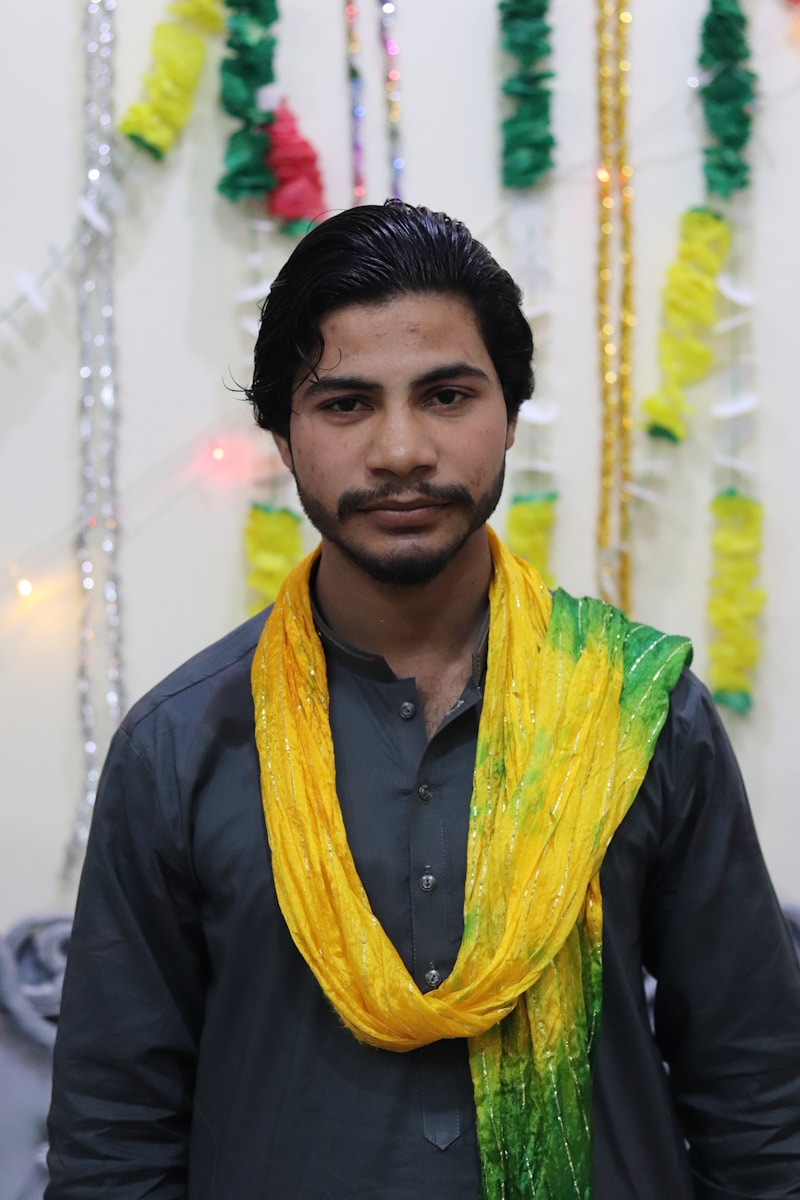Cultural Considerations in Wedding Dress Choices: Embracing Diversity in Tradition
Weddings are one of the most pivotal moments in a person's life, symbolizing a union of two individuals and their families. Among various aspects of a wedding, the choice of a wedding dress holds immense significance and is often steeped in cultural traditions. In this article, we will explore the cultural considerations in wedding dress choices from around the world, helping brides see their options through a multifaceted lens. We will delve into different cultural practices, styles, and symbols associated with wedding attires, highlighting how these elements can influence the modern bride’s decision.
Understanding Cultural Significance
The wedding dress often reflects the culture and heritage of the couple. It can symbolize love, purity, prosperity, and even familial ties. Cultural backgrounds play an essential role in shaping these choices, and as such, a deep understanding of cultural significance can lead to informed decisions.
1. Western Weddings: The Classic White Dress
In many Western countries, such as the United States and the UK, the traditional wedding dress is often white, a color that symbolizes purity and innocence. This practice was popularized by Queen Victoria in the 19th century. Today, while the classic white gown remains a favorite, modern interpretations include dresses with colors and styles reflecting a bride's personality.
2. Eastern Traditions: Vibrant Colors and Unique Styles
In many Eastern cultures, Wedding dresses are often vibrant and colorful. For instance, in India, brides traditionally wear red, which symbolizes love, prosperity, and fertility. The attire is often embellished with intricate embroidery and embellishments. Similarly, Chinese brides usually wear a red qipao, representing good fortune and happiness.
| Culture | Traditional Dress | Color Symbolism |
| Western | White Gown | Purity |
| Indian | Red Saree or Lehenga | Love and Prosperity |
| Chinese | Red Qipao | Good Fortune |
3. African Weddings: Diverse Patterns and Meaningful Designs
African Wedding dresses vary widely from region to region, with each culture boasting unique styles and symbols. For example, many African brides wear colorful dresses made of traditional fabrics like Ankara, often adorned with intricate beadwork and embroidery. The colors and patterns used are typically rich with meaning, reflecting the bride’s heritage and family background.
Factors to Consider When Choosing a Wedding Dress
When deciding on a wedding dress, brides should consider several factors to honor their cultural traditions while also expressing their individuality. Here are some key aspects:
1. Cultural Heritage
Understanding and incorporating cultural elements can add depth to your wedding. Researching traditional styles can inspire originality while linking to roots.
2. Personal Taste
While cultural traditions are important, it’s also vital to consider personal style. If a bride feels comfortable and authentic in her choice, it will reflect in her demeanor on the special day.
3. Family Input
In many cultures, family plays a crucial role in wedding planning. Discussing dress options with family members can help blend traditional expectations with the bride’s desires, creating a harmonious approach.
Balancing Tradition and Modernity
Today’s brides often find themselves at a crossroads between adhering to traditional styles and embracing modern aesthetics. The key here is to strike a balance. Many designers today offer fusion options blending traditional garments with contemporary elements. For instance, a Western-style gown can incorporate fabrics and designs indigenous to a bride's culture.

Conclusion: Embracing Cultural Considerations for a Meaningful Choice
Choosing a wedding dress is more than just selecting a beautiful garment; it involves navigating through layers of tradition, culture, and personal preference. Cultural considerations in wedding dress choices can provide meaningful contexts that enhance the beauty of the union being celebrated. Whether opting for a classic white gown or colorful attire steeped in tradition, the bride’s choice should reflect her identity and values while honoring the heritage she embodies.
In summary, when making this significant choice, brides should not only appreciate the trends and styles available but also seek to understand the cultural significance behind each option. This approach will ensure that your wedding dress is not just a garment but a token of love, respect, and heritage.
Remember: A wedding is a deeply personal journey, and every element, including the dress, should resonate with who you are and the celebration you envision. Take the time to explore various cultural options, consider your personal style, and make a choice that reflects both tradition and individuality.